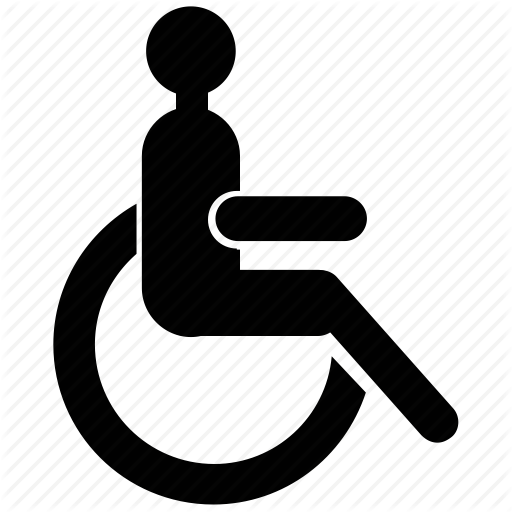For some disabled people the point at which they realise that they are struggling to manage simple household tasks is the moment when they begin to acknowledge that they are disabled. For others this point can come as the result of a crisis in their health and they may find themselves stuck in hospital until help at home can be arranged.
For many people with physical or sensory impairments getting help at home with everything from some simple domestic task through to intimate physical care can be vital to enable them to continue living at home. Often help of this kind can be provided by partners or family members, but there comes a time when it becomes unreasonable or impractical for them to carry on without outside help.
Where to get help
The main source of help is South Gloucestershire Council. You can request an assessment which will help identify both equipment which might make life easier for you, and practical help with some of your personal care.
To start the assessment process contact the Council’s Adult Social Care Team on 01454 868007 or go to the Council’s website http://www.southglos.gov.uk/health-and-social-care/care-for-adults/disabled-people-independence-at-home/help-to-live-at-home/
Re-enablement Service in an emergency
If you or a relative have had a serious illness and are in hospital you can get help form the Re-enablement Service simply by asking the staff on the ward to put you in touch with a social worker.
This crisis service will provide intensive support to help you re-build your confidence, or learn some new techniques so that you can manage on your own at home. Support can last up to 6 weeks, and is expected to reduce as the weeks pass as you recover your health and become more experienced in coping for yourself.
Longer term help
Once it becomes clear that you are going to need help on a long term basis you can ask for an assessment. This will look at the sort of help you need, and what risks you would face if the help is not provided.
The sort of help that can be provided includes
• Help with washing and dressing
• Help to shop for food, prepare and cook a meal
• Help with feeding yourself
• Activities during the day to give your carers a break, or provide you with social contact
If you meet the Council’s eligibility criteria you will be assessed for a Support Plan and be allocated a Personal Budget. It is then up to you how you use this budget to provide the help you have been assessed as needing. This can include having the money as a Direct Payment so that you can employ personal assistance to care for you.
Not everyone who has a disability will get help:
• The Council may decide that your need is insufficient to quality for help
• You may have too much money in savings or regular income to qualify for help.
However you will still get advice on the sort of help you might need, and where you can buy it from. So it is always well worth asking for an assessment even if you think that you have too much money.
Even if you qualify for Council help you may be asked to contribute to the cost. There is a clear formula for working out your contribution so you will know how much is expect and can decide if you want to pay for the help.
Telecare Alarm Systems
The Council can also help you get an alarm system installed so that if you live alone, or are alone for long periods of time, you can call for help in the event of an emergency or you feel at risk. The simple alarm can be worn round your neck and it is simple to call for help.
Adaptations to your house
If you need your house altering see our section on Housing and Personal Safety.

